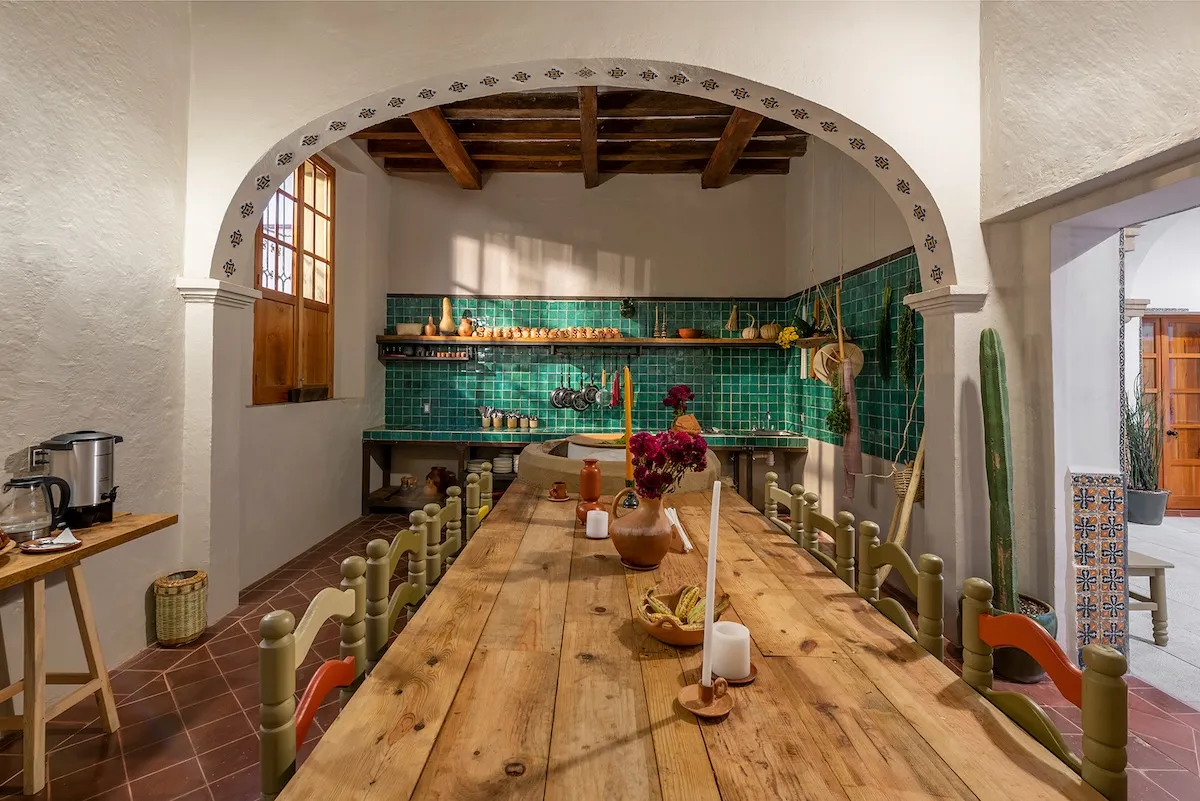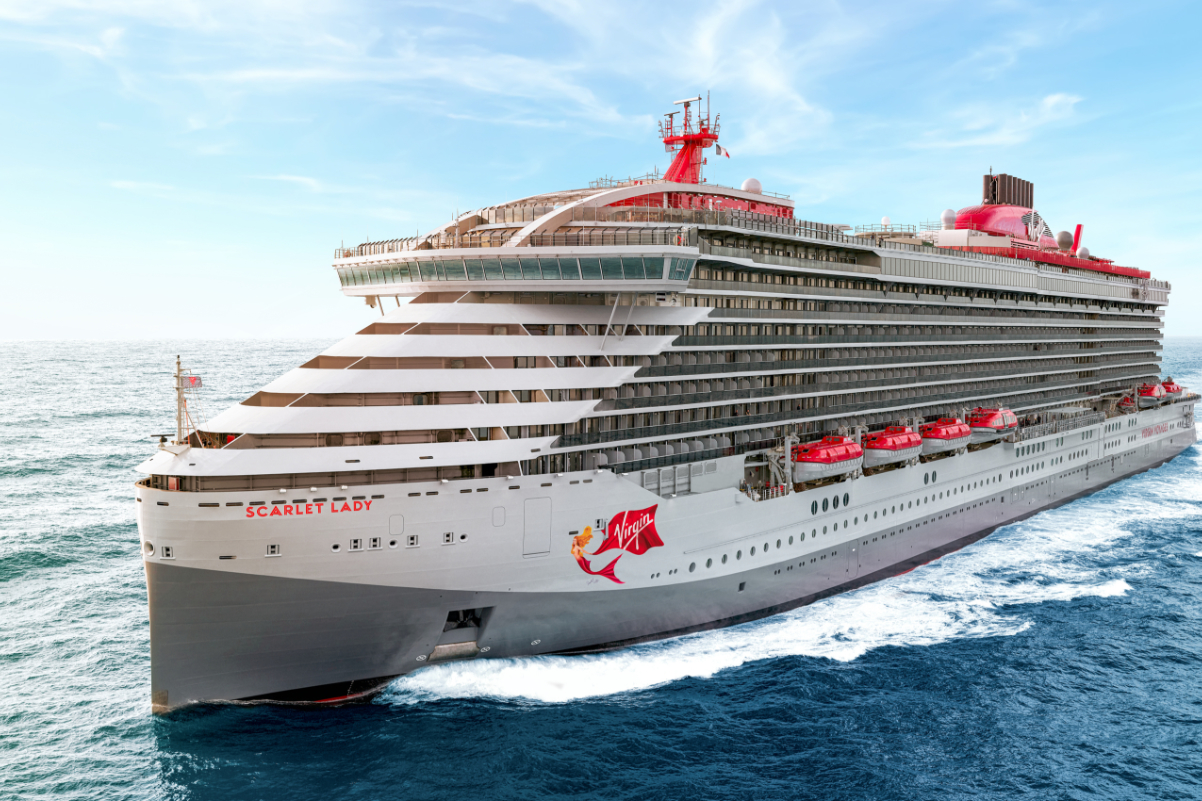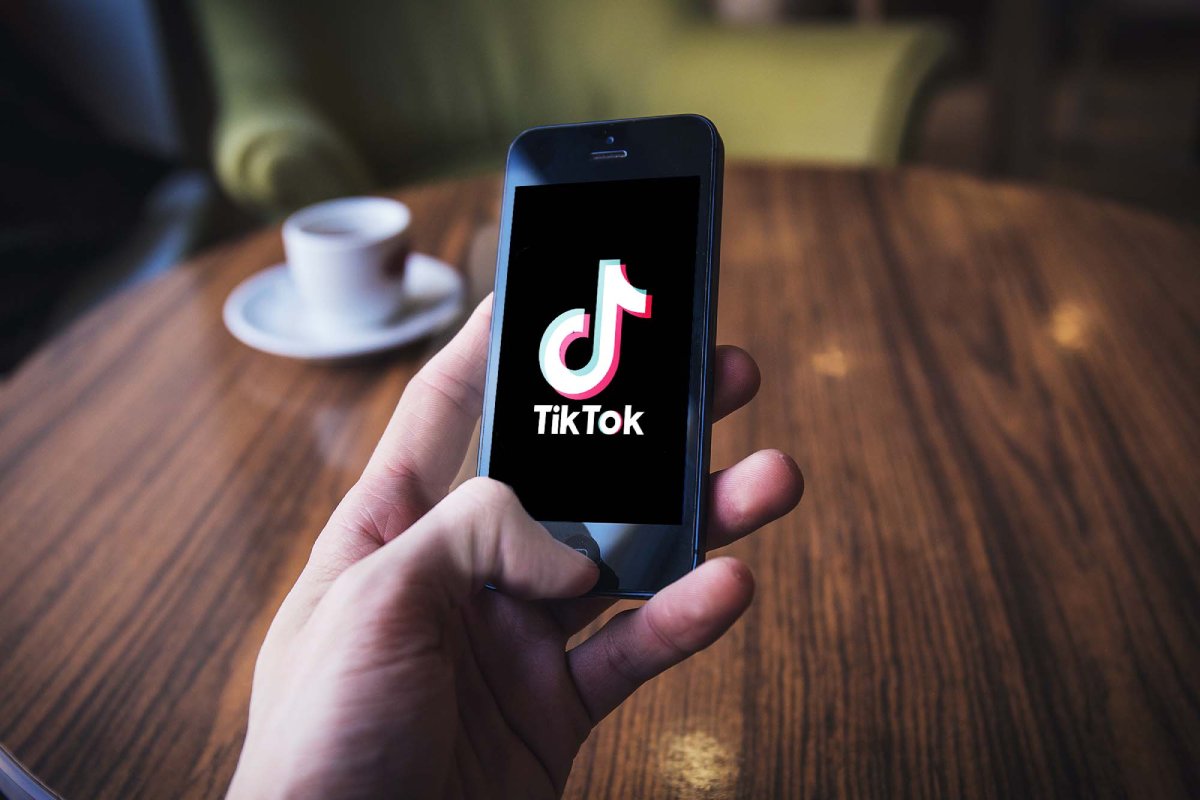Choice Hotels Mulls Options for a Tech Division That Struggled to Break Even

Skift Take
Choice Hotels, the hotel franchisor, has had a sick subsidiary on its hands for a couple of years. But on Thursday, it said the patient is stabilized.
In early 2013, Choice launched a subsidiary called SkyTouch Technology to sell its cloud-based property management system and related services to hotels that are not its franchisees.
For years, the division lost money. For example, in 2014, it generated a net loss to the company of up to $20 million. Investors have pressured Choice to either make SkyTouch profitable, sell it, or close it down.
Choice admits that it talked with three entities since the last earnings call about SkyTouch. It has been continuing to evaluate potential strategic alternatives for the subsidiary.
On Thursday Choice reported that SkyTouch is "expected to break approximately even" in 2017, thanks to increased revenues and reduced expenditure.
When answering questions from investment analysts, Choice chief executive Stephen Joyce said "the bulk of investment" to make the product fully functional is "over" and the company will now only "prudently invest" to keep the platform updated both for its franchisees and independent brands.
Joyce said that Choice had spoken with a few potential "partners" about a "transaction" involving SkyTouch in late 2016. But none of that talk materialized in a deal. Joyce said talks are ongoing but "nothing is imminent."
Reading between the lines, things could look better for SkyTouch. If possible acquirers, such as perhaps venture capital firms, looked at the division and could not agree on a price to buy, that doesn't scream "success" for the underlying business.
UPDATE, Feb 17: CEO Joyce spoke with Skift after publication. Noting that the company could have been clearer on the earnings call, Joyce says that Choice is now only looking for partners for "strategic ventures" with SkyTouch Technologies, "not a sale."
Joyce says: "We originally thought, maybe we would sell it. We got very strong offers for an outright sale.... We evaluated literally 40 to 50 potential partnerships and a couple of acquisitions. We came to the conclusion that we're not sellers. Now, we're going to look for the right partner at the right price....We didn't get there, but we have a couple of dialogues still going on, though nothing is imminent... It is no longer for sale."
Partnerships could come in various shapes, but joint-ownership is one possibility.
LOOKING AHEAD
During the call, an investment analyst asked that, if SkyTouch does not get traction outside of the Choice system, do you think it could continue to operate on a break-even or even profitable basis? Joyce said yes.
To believe that, you have to accept Joyce's premise that SkyTouch needed millions of investment for its early years to build its core functionality but now it can coast with only minor updates.
Speaking with Skift, Joyce says, his premise is sound. "You better believe it.... While we have a significant number of independent customers, we have 6,000-some Choice franchise companies. They all pay fees. So if you look at this business, it's a $35 million business.... The revenue from customers is more than enough to keep the system current as the industry leading system."
The product focuses on hotels of up to 300 rooms in size and in need of basic technological tools.
VACATION RENTAL TECHNOLOGY ACQUISITION
In August 2015, Choice acquired Maxxton, a Dutch-based provider of software-as-a-service technology for vacation rental management companies, including central reservations systems, property management systems and point-of-sale tools, for $23.6 million.
In February 2016, in a move that does not seem to have been reported in the media, the company launched Vacation Rentals by Choice, a platform for vacation rental management companies to sell their inventory via Choice's distribution networks and supported by Choice's marketing. Travelers book with the companies, not the individual owners or Choice. The underlying platform is run by Maxxton's tech.
HOTELIER AS TECH COMPANY
Choice also touted its investment in proprietary revenue management software, which it is rolling out to its franchisees this year and that it says is delivering gains in revenue per room.
Choice is continuing to roll out to its franchise a next-generation reservation system, which it believes will deliver performance benefits.
Yet, while important, technology is not the only factor driving Choice's performance. Other key factors include the hotel franchisor having made its contracts more affordable and its having relaunching a changed loyalty program last year that added 4.6 million members.
Choice also credits its positive financial performance to the success of its soft brands, which are delivering more revenue per room, on average, than its mainstay brands. It noted it has 173 open properties under the soft brand Ascend Collection, and Cambria Hotels & Suites — a number that it says is more than the combined number of soft branded properties its three main global franchise rivals have operational.





